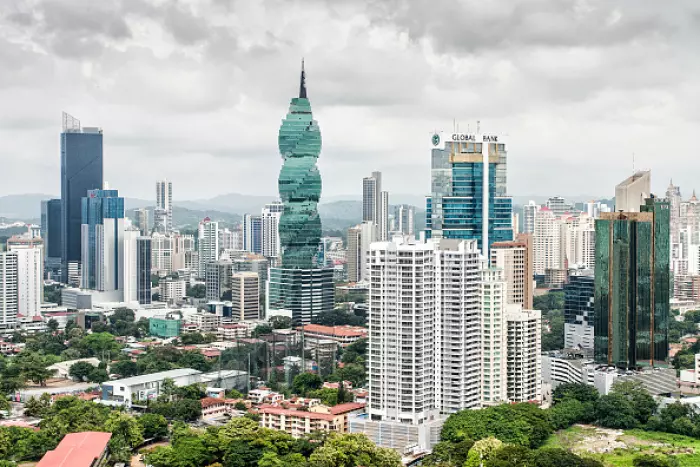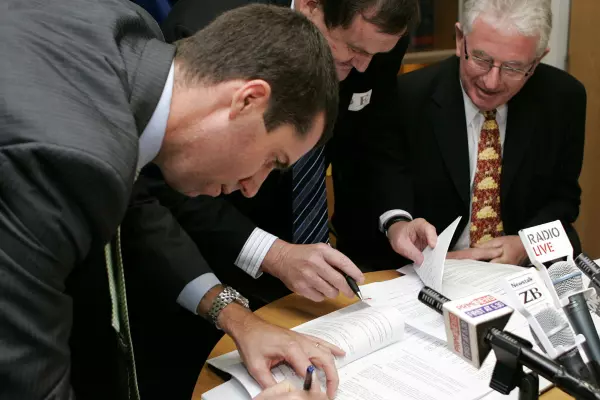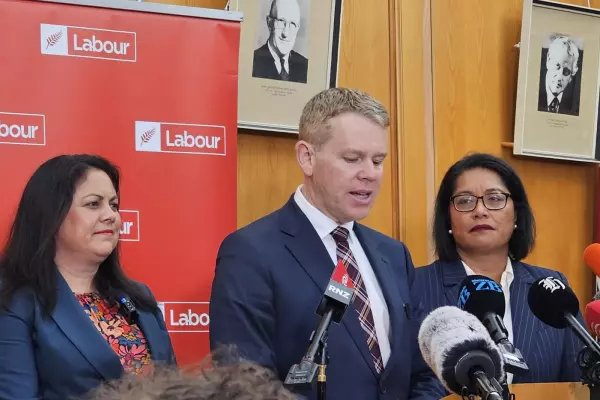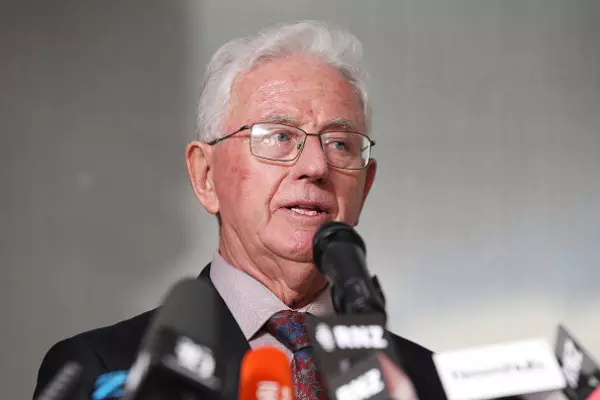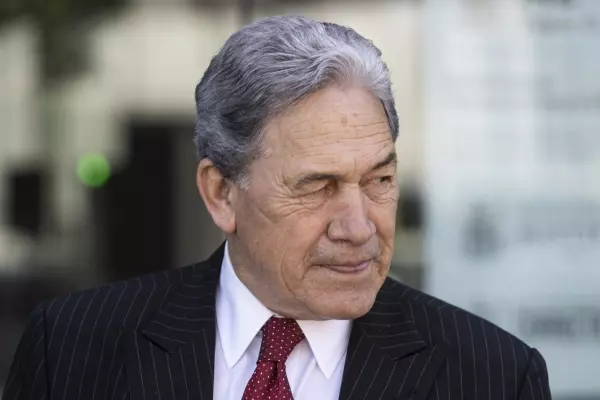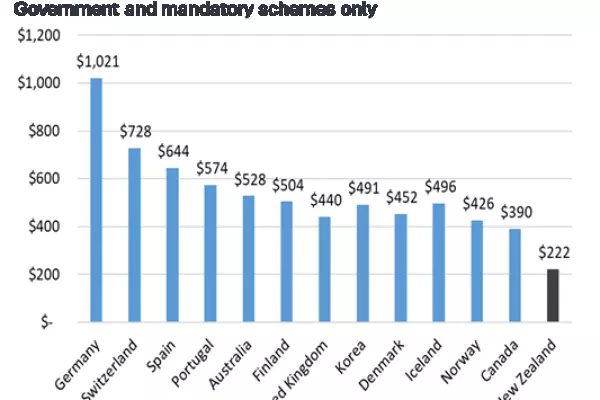Four of the 14 offshore international firms at the heart of the Pandora Papers leak operate offices in New Zealand, according to the trove of documents released overnight by the International Consortium for Investigative Journalists (ICIJ).
The papers, said by the ICIJ to be the largest ever leak of documents from companies operating in tax havens around the world, involves millions of documents in multiple languages relating to some 30,000 companies.
Of the 14 companies whose documents have been leaked, Singapore-based Asiaciti appears to have been the most active in New Zealand, exploiting the country’s relatively light-handed foreign trust regime as a link in chains of corporate arrangements to funnel wealthy individuals’ affairs through tax havens.
Three other three firms with NZ ties are: Alemán, Cordero, Galindo & Lee, or Alcogal, based in Panama; Overseas Management Co Inc (OMC), also Panama-based; and Trident Trust Co Ltd, based in the British Virgin Islands.
The use of foreign trusts is not in itself illegal or necessarily tied to tax avoidance or money laundering.
However, the discovery in an earlier dump of similar revelations in 2016, known as the Panama Papers, that Mossack Fonseca, a Panamanian firm, was using the NZ foreign trust regime to hide wealth in this country prompted changes.
Mossack Fonseca quit its NZ operation in 2017 and the NZ regime was tightened with the introduction of a new foreign trusts registration regime following an inquiry conducted by the former chairman of PwC NZ, John Shewan.
However, the Pandora Papers suggest the NZ regime remains a viable avenue for exploitation in schemes that the latest investigation show has been used to hide wealth belonging to more than 300 senior politicians and public officials in some of the world’s less savoury destinations.
The NZ Herald and TVNZ, which were both included in the international journalistic effort to make sense of the papers, today reported no evidence of NZ firms or individuals hiding income or avoiding tax. Rather, it appears international tax minimisation and wealth protection operators continue to target NZ as a country with a high integrity reputation and a relatively lightly regulated foreign trust regime.
Asiaciti’s 2018 submission
Asiaciti was sufficiently active in NZ in 2018 to make a submission to the Tax Working Group defending the regime as “sufficient to protect New Zealand’s reputation and sure that we are compliant with all of the required OECD obligations” relation to money-laundering and tax avoidance.
Supported by Auckland barrister John Hart and law firm Cone Marshall – whose website boasts offices in the British Virgin Islands, Switzerland, Paraguay, and Hong Kong among others – the submission vigorously argues “New Zealand should not change its tax laws in relation to the taxation of New Zealand foreign trusts”.
Asiaciti was particularly concerned that foreign trusts could be treated as ‘reverse hybrid’ entities for tax purposes, meaning that foreign-earned income lodged in the trust could end up being taxed in NZ. The primary attraction of an NZ foreign trust is that income earned offshore cannot be taxed in NZ.
Foreign trusts generated “substantial export earnings and employment (and hence downstream tax)”, the Asiaciti submission said. “If closed down because of a misapplication of the reverse hybrid rules, this would would have a negative impact on the New Zealand economy and the livelihoods of hundreds of people for no global benefit, as the existing structures managed here would simply move to other jurisdictions.”
A number of such jurisdictions had “a much lower level of transparency and international cooperation than New Zealand”.
The Pandora Papers are notable for the extent to which a relatively small number of countries appear repeatedly.
Most are known tax havens or countries with long histories of trading on their reputations for tax and banking secrecy, such as Switzerland.
Tax haven who’s who
The most regularly cited are the central American country of Belize and the Indian Ocean territory, the Seychelle Islands, both operating tax haven regimes and with eight mentions each.
Next most cited were Hong Kong, where seven of the 14 so-called ‘power brokers’ in the Pandora Papers either had offices or headquarters, followed by five apiece for Cyprus and the United Arab Emirates, the oil-rich latter turning up as a source for funds being secreted around the world.
Other countries to get mention that have run either tax haven or ‘soft’ regimes for use by wealthy international firms and people, are:
- In Europe: Switzerland (3), Luxembourg (1), Jersey (1), Isle of Man (1).
- In central and south America or the Caribbean: Uruguay (2), British Virgin Islands (3), the Bahamas (3), Panama (4), St Kitts and Nevis (3), Cayman Islands (1), Costa Rica (1), St Vincent and Grenadines (1).
- Asia and the South Pacific: the Cook Islands (1), Samoa (2), Vanuatu (1), Marshall Islands (1)
- Indian Ocean: Mauritius (2).
Despite not being a tax haven, New Zealand appears four times as a venue for a country office, while Australia does not feature.
Other countries that do not run tax havens but which had country offices associated with one or more of the 14 firms covered by the mass leak were Britain, the United States, Canada, China, Vietnam, and the Netherlands.
It is important also to note the leaked files go back as far as 1970 in one case, and routinely into the 1980s and mid-1990s. Many regimes have changed their tax laws over that time to reflect growing international displeasure with the use of tax havens.


